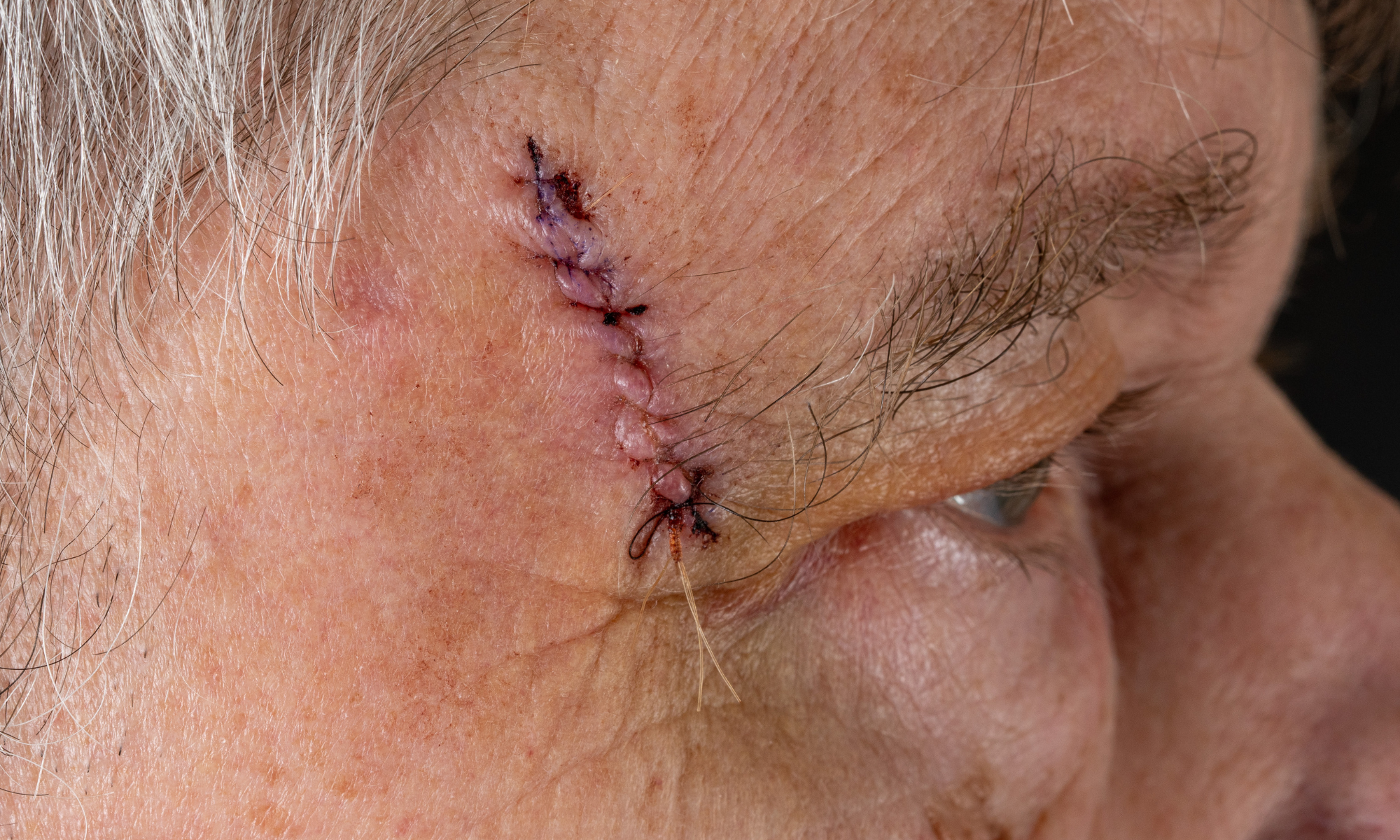Getting stitches is a common occurrence when one has surgery or incisions. While they are an essential part of wound healing, they can also cause discomfort, especially when they get itchy. The itch can be annoying, irritating, and can lead to scratching and even infections. This blog post aims to explain why stitches get itchy and how to manage them effectively.
Why do Stitches Get Itchy?
Itching is a natural response of the body to the healing process. The body’s immune system responds to surgical incisions and produces histamines, which causes inflammation, redness, and itching around the stitch area. Additionally, when a stitch is healing, it may cause irritation and increase blood flow to the area, leading to itchiness. Furthermore, the materials used to create stitches, such as nylon or polyester, can cause a reaction leading to allergic reactions, which can cause itchiness.
How to Manage Itching from Stitches
a) Don’t Scratch: It’s tempting to scratch an itchy stitch, but this can lead to infection or even open the wound, making the healing process longer. Instead, use a clean cloth to gently dab the area, which can ease the itching sensation.
b) Use Ice Packs or Cold Compresses: Applying cold to the stitch area can help numb the area and reduce the itchiness. Use an ice-pack wrapped in a clean towel for around 20 minutes several times a day.
c) Keep the Area Clean: Cleanse the stitch area with mild soap and water to prevent infection. Dry the area gently, and do not rub it with a towel.
d) Moisturize the Area: Apply a thin layer of fragrance-free, hypoallergenic lotion, or petroleum jelly to the stitch area. This can help soothe and reduce itching.
e) Over-the-counter Medications: A topical cream that contains hydrocortisone can help ease itching. Be mindful of any potential allergies or negative side effects, and always take medications under the direction of your medical professional.
When to Seek Medical Help?
If the itching from your stitches is severe, prolonged, or accompanied by other symptoms like swelling, redness, or fever, consult your healthcare provider immediately. These may indicate an infection or another complication with healing.
How to Prevent Itching from Stitches
a) Treat Wounds Correctly: Proper wound care can significantly reduce itchiness. Follow your healthcare provider’s instructions for dressing changes, keeping the wound area clean, and avoiding any activity that could affect healing.
b) Keep the Stitch Area Dry: Moisture can produce bacteria and fungal growth, leading to infections. Avoid getting the stitch area wet and always dry it gently after bathing or swimming.
c) Wear Loose Clothing: Avoid tight clothing that can irritate the stitch area. Choose loose-fitting clothing that will not rub or chafe the stitches.
Stitches are an essential tool in wound healing. However, the itchiness they can cause can be frustrating and uncomfortable. Now, with a better understanding of why they become itchy and the tips on managing them, you can ensure that the itchy sensation doesn’t impact your healing process. Be mindful of the tips mentioned above, and always consult a medical professional for any questions or concerns you may have.

